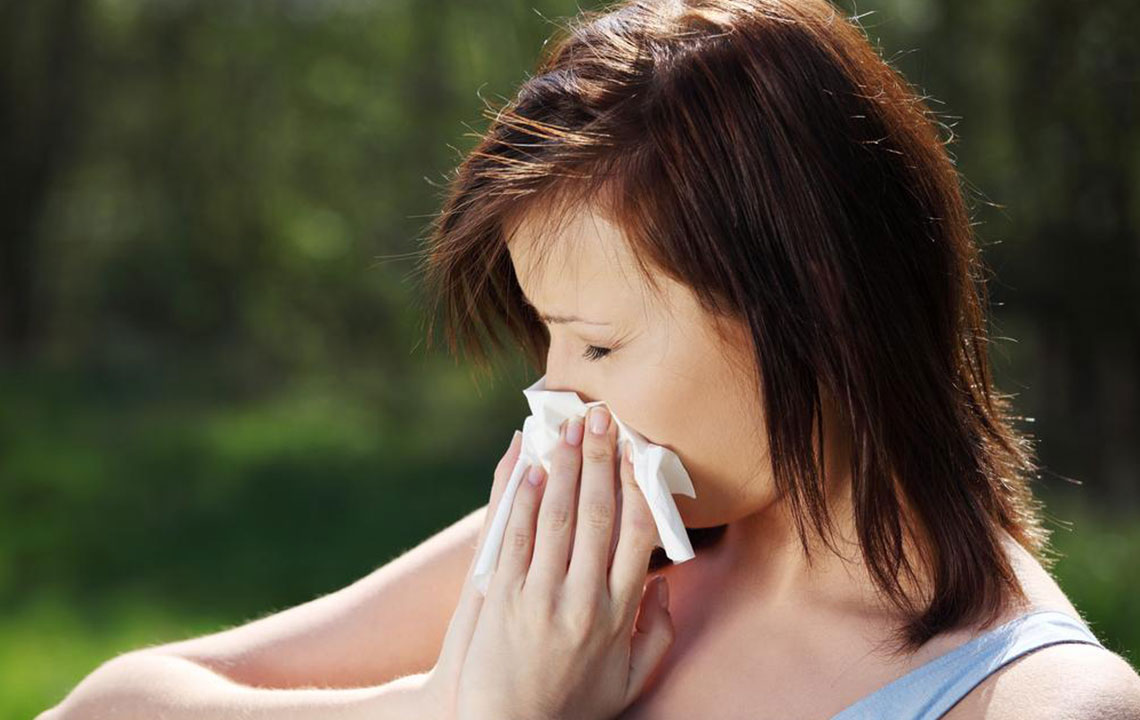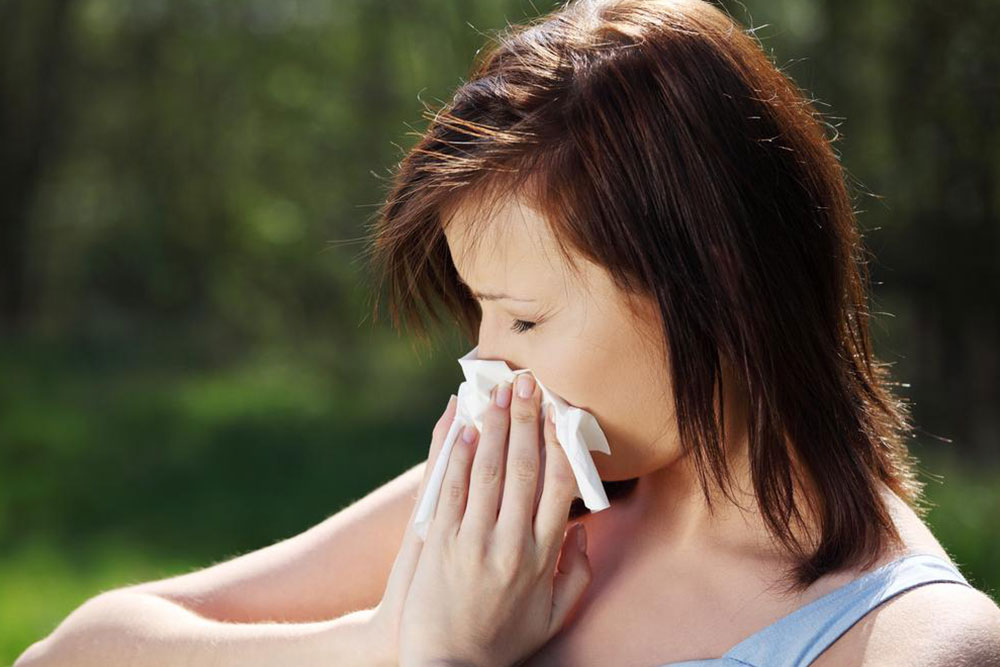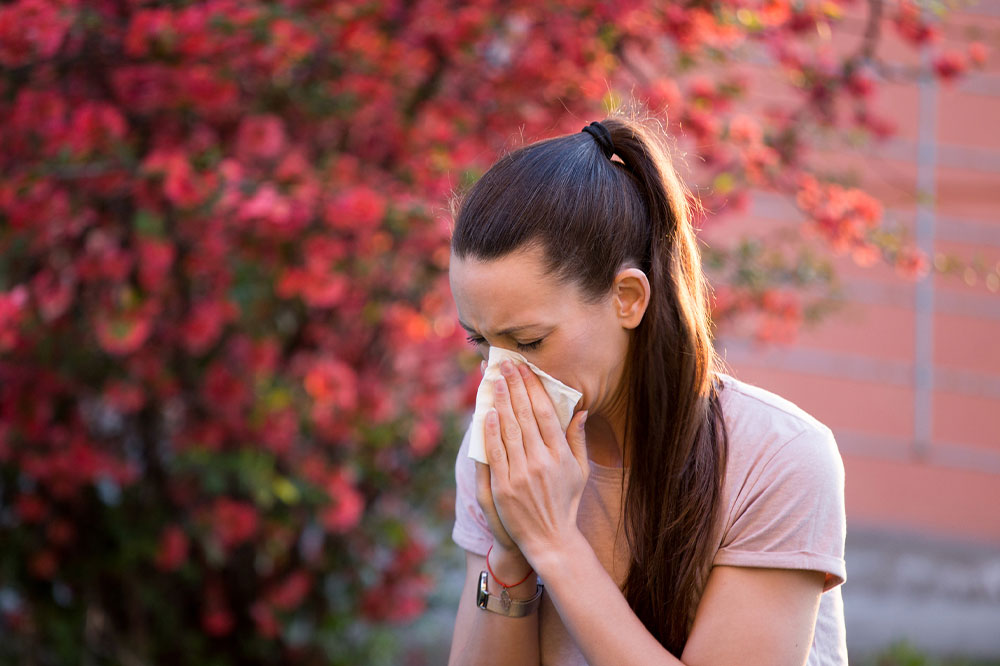Proactive Approaches to Combat and Alleviate Mold Allergy Symptoms
Learn effective ways to prevent and manage mold allergy symptoms. This article covers exposure reduction, indoor humidity control, natural remedies, and dietary tips to alleviate allergy effects. Implementing these strategies can improve respiratory health and reduce allergic reactions caused by mold spores both indoors and outdoors.

Mold spores are microscopic fungi particles released into the air, particularly in dry, windy conditions or humid environments like fog and dew. An allergy to mold triggers an immune response, leading to symptoms such as itchy eyes, coughing, and sometimes worsened asthma. Individuals with asthma may find breathing more difficult when exposed to airborne mold spores. Common allergy signs include sneezing, nasal blockage, skin irritation, and dry cough, similar to hay fever.
To reduce mold allergy effects, consider these strategies:
Minimize exposure to mold spores indoors and outside. Be vigilant in places like greenhouses, farms, flower shops, construction zones, and antique stores. Use masks and carry allergy medication if needed. After outdoor activities, shower and wash your hair to remove spores from your skin.
Maintain indoor humidity below 50% using dehumidifiers. Ensure proper airflow with vents and exhaust fans in bathrooms and kitchens to prevent moisture accumulation. Regular cleaning of bathroom surfaces helps inhibit mold growth.
Store items like papers, bedding, and clothing in sealed containers to prevent mold development. Clean mold from hard surfaces such as glass, plastic, or tiles using bleach, soap, and water. Identify and fix leaks in damp areas like basements and bathrooms to control moisture and prevent mold.
Natural remedies can also benefit mold allergy sufferers:
Limit fermented foods like wine, vinegar, and certain fungi, which are rich in histamines that may intensify allergy symptoms. Reduce intake of mushrooms, yeast, and fungi if adverse effects occur.
Incorporate antifungal foods like garlic, which contains ajoene. Herbs such as oregano and tea tree oil also possess antifungal properties. Consuming foods high in vitamin C—like citrus fruits, strawberries, and grapes—can help combat inflammation. Regular intake is recommended.
Resveratrol in grape skins is an antioxidant that may ease wheezing caused by mold sensitivity. Nuts such as almonds, hazelnuts, and peanuts provide vitamin E to boost immunity. Eating omega-3 rich fish like mackerel and sardines twice weekly supports respiratory health.
A tea with lemon and honey in the morning can help clear nasal passages. Always consult your doctor before starting supplements, as some may cause side effects.


